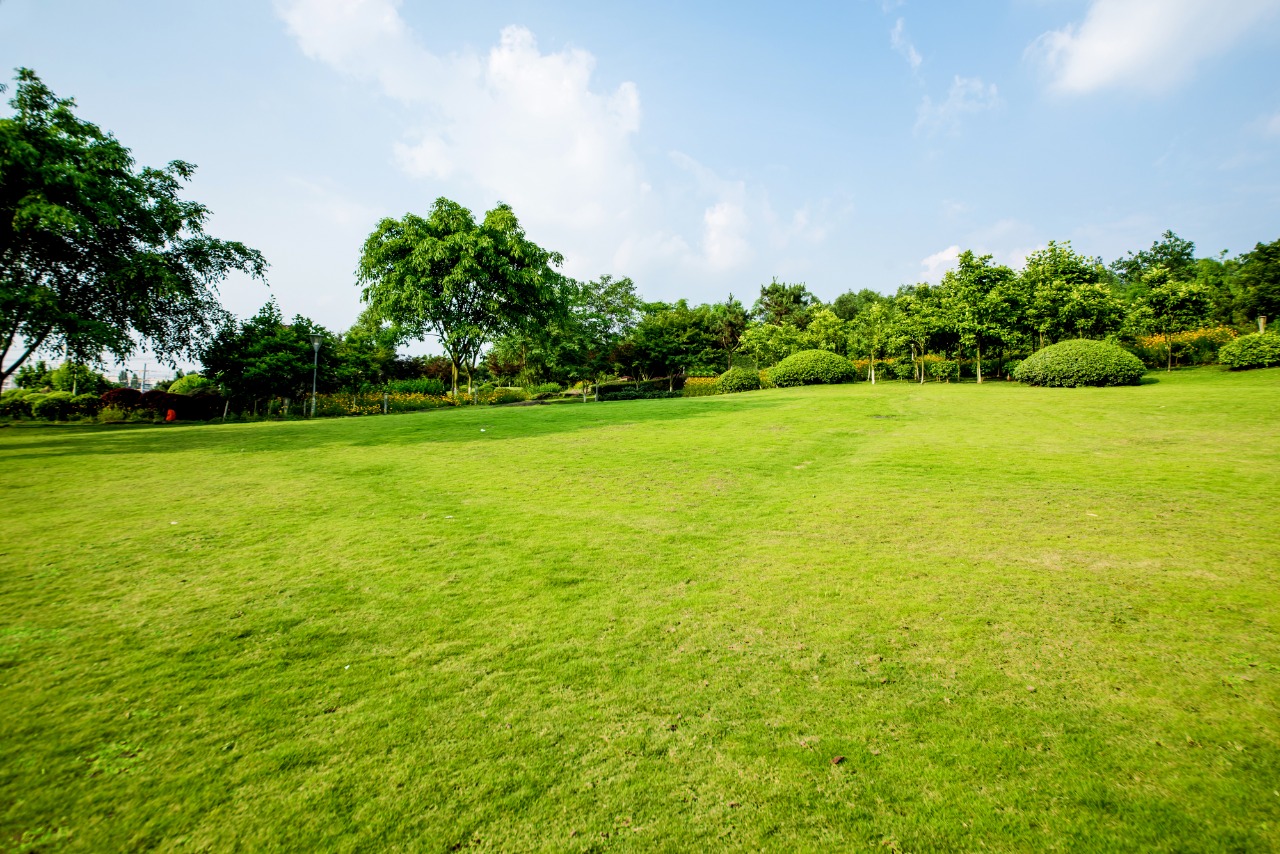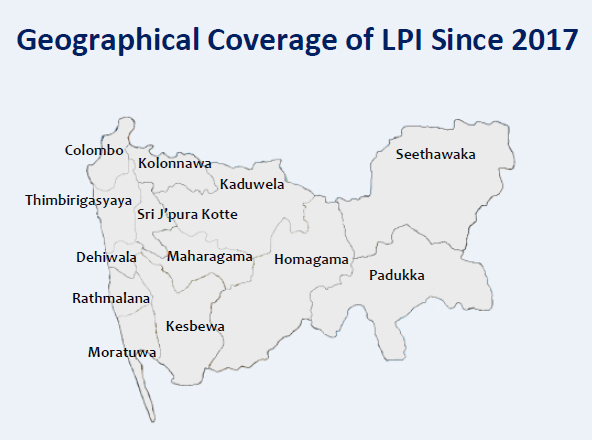Learn How To Buy Land In Sri Lanka And Stay Safe From Real Estate Frauds
The land prices in Sri Lanka have consistently seen an upward trend throughout the years. The demand for it ranges from residential purpose to construction, agriculture and leisure. Besides this, there have been numerous searches for the keyword ‘how to buy land in Sri Lanka’ as well. This goes on to show how much of a demand exists for land in Sri Lanka, particularly in the Western province where the prices are greater than in any other place. In the last quarter of 2021, the average overall residential land prices in Sri Lanka amounted to LKR 1.65 million per perch. The land prices in Colombo were LKR 11.68 million per perch in Q4 2021 while the Western province which is the most developed region on the island recorded an average of LKR 1.27 million per perch excluding Colombo city land values.
However, at present only locals can purchase land for sale in Sri Lanka. But land can be leased for up to a period of 99 years for foreigners. If a foreigner wants to own property or buy in Sri Lanka, the only option they can consider is buying an apartment in Sri Lanka. However, the Sri Lankan property law has exceptions that in fact allow a foreigner to own land if it is an inheritance. It should clearly state these properties in the last will that states who should own which properties after a considering person’s death.
Since Sri Lanka is also a great place for living surrounded by natural landscapes, infrastructure developments, utilities and more, the island serves as the perfect holiday destination and residential home.
Among the locals who are looking for ways how to buy land in Sri Lanka to build a house, one of the first concerns is how to choose land. There is also the popular misconception that you can’t buy land if you don’t have enough money when in reality it is the complete opposite today. You don’t have to have the total amount of money to fund your investment. It can simply be taken alongside a mortgage loan that you have to pay a monthly installment and interest depending on your capacity to pay.
To address the different factors to consider when finding the perfect plot we dove into looking at what factors should you know first to find this land.
The area
The area that the property is located in has a large impact on your house plan, house design, building potential and even the building regulations applicable to you. The neighborhood also plays an important role in determining the convenience of your living experience in the said town.
In terms of building the house, in a place like Kandy which is located in the hilly region, the building regulations applicable are more detailed and stricter than building in another flat land area. This is to ensure that it doesn’t pose a threat to other buildings in the surrounding area and has minimal impact on the environment. As a result, it is protected from potential landslides and is able to withstand pressure. Because of this, before you purchase land, consult a structural engineer in the process.
You could also consider meeting up with one of the best valuers in Sri Lanka while buying a plot to ensure the one you’re purchasing is worthy and will generate capital gains in the future.
Utilities
The more remote an area is the more difficult it is to get access to utilities. Water and electricity are basic necessities and essentials that we can’t survive without in today’s world. Most land plots offered by companies that have created a gated community offer these services alongside the property the buyer purchases. Because of this, there is no additional hassle in applying for those facilities.
Road access
Having access to the main road and being able to get to places such as the hospital, grocery etc. easily without having to spend too long travelling on the road should be another detail to be considered. You will also need to make sure that the land isn’t in the way of any potential roadway constructions expected to take place. If not, you may end up losing the property you spent time searching for hardly.
Other factors to include in a checklist of buying land to build a house are as follows.
- Approval requirements for a loan.
- Check whether the water flows out of the land or is contained within it (The slope)
- Whether the land is filled or natural
- If there is a Street Line Certificate (Veethi Rekha) provided for the land
- Check on the Non-vesting and Ownership certificate (If the land is neither vested with the Municipality or is to be sold off by the Municipality for non-payment of assessment rates)
- Check the water supply (Need a minimum of 35 perches if you’re planning to have a well inside the land).
- Check the electricity supply (whether there is an electric pole close to the land)
- The availability of high tension lines or phone masts close by
- Whether there is high-velocity water running close by (consider an alternative plot if there is one, as it could affect the property over time.)
- Whether there is a stream running inside or adjacent to the property and if a reservation has been kept for the stream. (reservation is typically 3 ft from the centre of the stream, however, this can vary from council and size of the stream.)
- Whether it is close to landfills or a waste disposing area
- Get a copy of the deed and verify it with your lawyer
- Check the survey plan (should be less than 10 years old and check if it is approved by the council)
- Clear deeds for min 35 years (paththiru / title report)
- If the land is on a private road, then the lot should have the ‘Right-of-way’ given by the other lots that are before it
- If the land has previously been a cultivated land (e.g. Paddy, Rubber), or has the names ‘owita’, ‘deniya’ or ‘kumbura’ mentioned in the deed, then need to get a clearance from the Commissioner General of Agrarian Services Development confirming that the land under reference has been removed or is not in the Register of Paddy or other Lands. The application should be submitted to your local Govijana Sewa office.
- If the name (s) of the land, road etc. are the same in all deeds. If the names are different or there’s a spelling difference, then this needs to be corrected through a Certificate of Rectification
Source: www.lankapropertyweb.com








